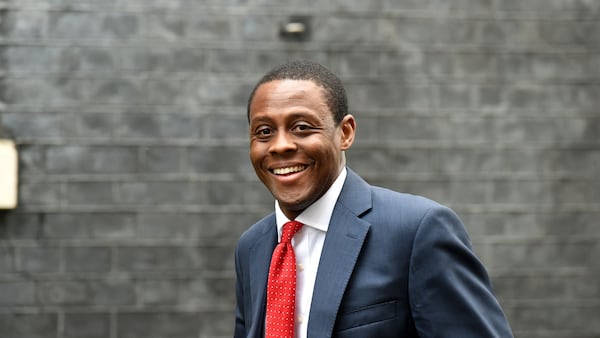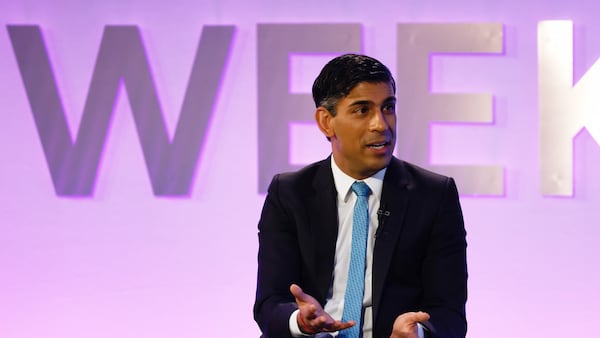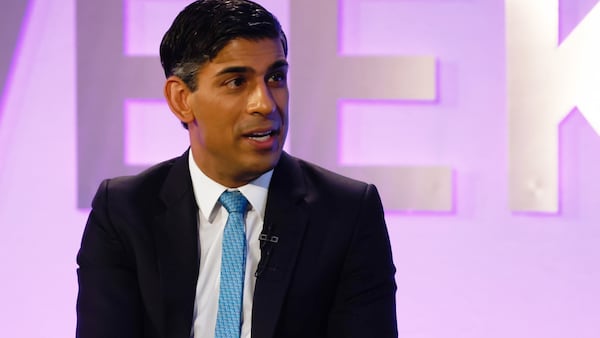- Crypto may not be prioritised in a Labour government.
- That might not be a bad thing, some experts say.
- The fate of the crypto sector in the UK depends on many factors.
With British voters headed to the polls Thursday to elect a new Parliament, crypto investors are bracing for a change.
After 14 years in opposition, the Labour Party is widely expected to convert a 20-point lead into a thumping victory over the Conservative Party at the ballot box.
Some in the UK’s burgeoning crypto industry are apprehensive about a change in government.
“Labour will have so much to do and to prove that I am afraid that crypto is not going to be a priority,” Marco Morazzoni, founder of London-based blockchain service provider Semoto.
“What the industry needs at the moment is not for politicians to ignore us,” he told DL News. “We need clarity.”
Comprehensive legislation
Regulatory clarity was expected to arrive this summer.
The UK government was poised to deliver more comprehensive legislation for the crypto sector covering rules for crypto issuance, exchange, investment, custody, lending and staking.
But the decision by Prime Minister Rishi Sunak to call a snap election on July 4 thrust a stick in the spokes.
The original plan would have put the UK as the second major jurisdiction after the European Union to implement a tailor-made crypto regime.
“The UK regulatory approach to the sector, which had once been ahead of others, has failed to keep pace with other areas of the world,” said Jordan Wain, Chainalysis’ UK public policy lead.
Absence of prioritisation
The Labour Party led by Keir Starmer did not include digital assets in its manifesto, or policy plan.
But industry insiders warned against reading too much into the omission.
“This absence of prioritisation is not necessarily bad for the sector,” Wain said.
“I take comfort in the fact that Labour’s plan for financial services expressed support for the UK’s work on a central bank digital currency and the approach to securities tokenisation,” Wain told DL News.
Rachel Reeves, the anticipated new Chancellor of the Exchequer, said in Labour’s plan for financial services in January the party would embrace innovation, including tokenisation of securities and the digital pound.
And the work the Conservative government has performed on crypto legislation will not go to waste.
“Labour will inherit a legacy of detailed and in-depth policy and legislative work,” Wain said.
Delays
A change in government means there will be some delays on this plan, but experts expect the direction of travel to remain the same.
Labour and the Tories agree the digital asset sector should be regulated, Wain said.
“This should be an item that will continue receiving support regardless of which party makes it into Number 10 this week,” he said. “The only question remains as to when.”
Under the Tories, the Financial Conduct Authority has registered 47 crypto asset service providers, including significant market makers like Wintermute and GSR.
‘Banks in the UK have put significant restrictions on offering crypto businesses accounts.’
— Usman Ahmad, Zodia Markets
London also celebrated the arrival of Andreessen Horowitz, the American venture capital firm which invests in crypto.
Investment platform, eToro, is headquartered in London and is the top VC-backed crypto firm to date, according to Pitchbook. It raised a total of $1.6 billion.
In the first half of 2024, the UK saw VC investment of $600 million in the crypto sector, according to Pitchbook data.
Beyond the government
The pace of the legislation has also been set by agencies like the FCA, not just the government.
The FCA, for example, introduced rules on financial promotions in 2022, which many in the industry have struggled to comply with.
And at the end of the day, a successful crypto sector extends beyond government policies.
The UK’s robust financial sector also needs to accept the nascent crypto industry. For example, crypto firms have long struggled to open bank accounts with British high street banks.
“The government has been vocal in trying to support the industry and grow it,” Usman Ahmad, CEO and co-founder of Zodia Markets, told DL News.
“Yet virtually all banks in the UK have put significant restrictions on offering crypto businesses bank accounts.”
While the government pushed a more innovation-friendly agenda, banks are not obligated to follow suit.
“That is short sighted in that the industry has a lot of well capitalised and established businesses that can add value into the ecosystem,” he said.
“But they do need basic business provisions including banking to pay their staff and bills.”
Inbar Preiss is a Regulation Correspondent at DL News. Email the author at inbar@dlnews.com.







